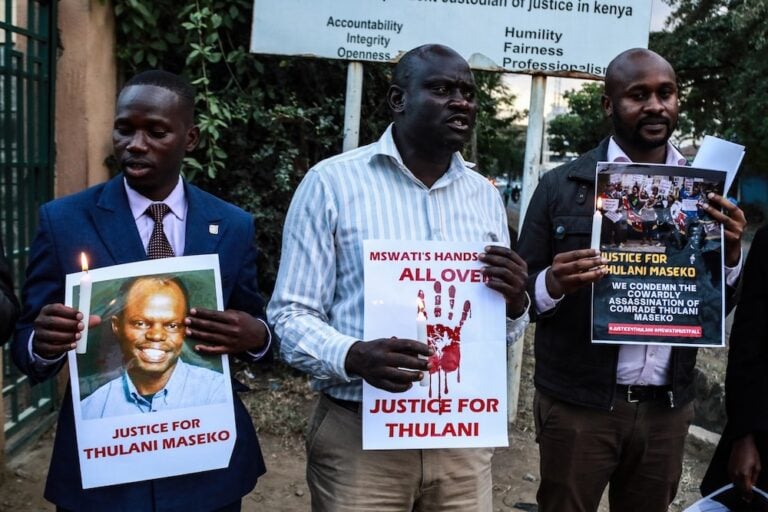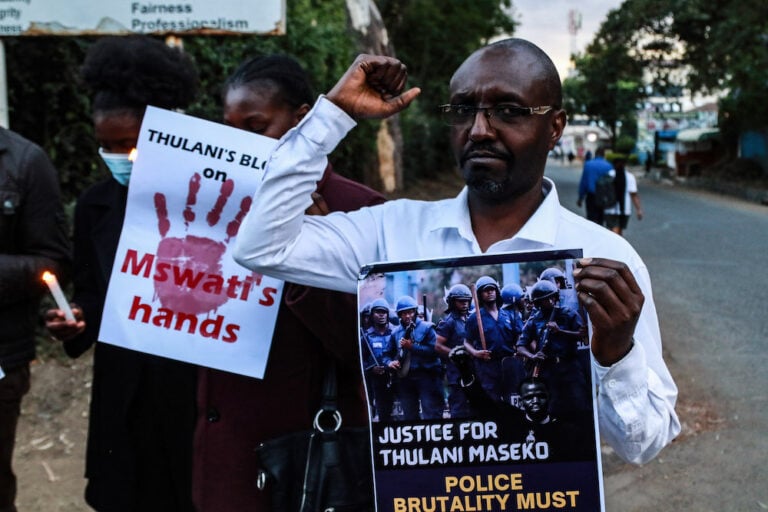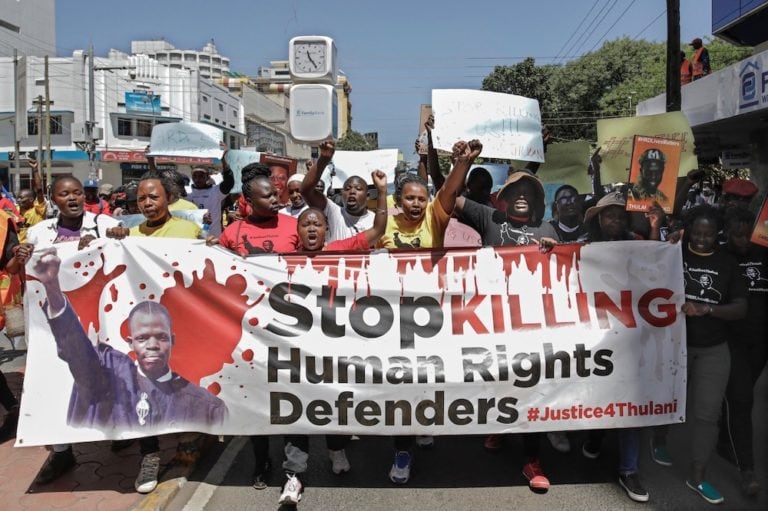The government has announced a major crackdown on newspaper columnists who criticise the country and its leadership.
(MISA/IFEX) – The government of Swaziland has announced a major crackdown on newspaper columnists who criticise the country and its leadership.
In a report published on 19 October 2010 in the state-owned “Swazi Observer” newspaper, Prime Minister Sibusiso Dlamini said his government was concerned about newspaper columnists whom he claimed taint the image of the country by criticising its governance and leadership and announced that the government was now looking for a law to deal with them.
Speaking in Parliament, the Prime Minister (PM) lamented that people who write articles in the media that taint the country’s image were being paid to do so. He claimed that the columnists were funded by other countries to write (negative) articles about Swaziland, especially in local weekend publications.
In his statement, the PM said his government was planning that in future such newspaper columnists will have to seek permission from government to write their articles or criticise the country’s governance and its leadership.
“We are still looking for a law to enforce the proposed measures,” the Prime Minister was quoted to have said.
MISA-Swaziland condemns the PM’s statement as a serious threat to media freedom. The media in Swaziland already operate under very difficult conditions characterised by state-induced fear and censorship and the Prime Minister’s statement has the potential to worsen the situation.
To this end MISA-Swaziland appeals to the PM and his government to reconsider the threat and allow the media to enjoy its freedoms guaranteed by the national constitution.
BACKGROUND:
The government has in the past banned newspaper columnists writing for the privately-owned “Times of Swaziland” newspaper. In 2009, the government forced two columnists, Mfomfo Nkambule and Mario Masuku to abandon their columns in the “Times”. Nkambule was writing for the daily “Times of Swaziland” and Masuku wrote for the “Times Sunday”. The articles by the two were deemed undesirable.


